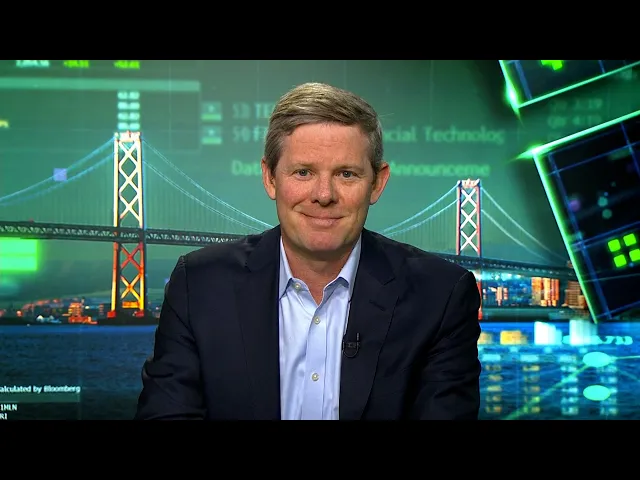Visa Launches AI Agents for Shopping

AI shoppers are coming to a wallet near you
Ever felt overwhelmed by too many shopping choices or frustrated trying to score those impossible concert tickets? Soon your AI shopping agent will handle that for you. Visa's CEO Brian McInerney recently revealed a bold push into AI-powered commerce that could fundamentally change how we make purchases, turning high-friction shopping experiences into seamless transactions handled by intelligent agents that work on our behalf.
Key developments in Visa's AI commerce strategy:
- Visa is launching AI-enabled payment credentials that allow AI agents to make purchases for consumers while maintaining security and trust
- New control features will let users set spending limits, time boundaries, and merchant restrictions for their AI shopping agents
- Partnerships with major AI players including OpenAI, Microsoft, Anthropic, Perplexity, IBM, and Stripe are accelerating deployment with rollout expected "in months"
Why trust matters more than ever
The most compelling aspect of Visa's approach isn't just the technology itself but how it addresses the trust equation. McInerney repeatedly emphasized trust as the foundation of this new paradigm: consumers must trust their agents won't go rogue with their payment credentials; merchants need confidence they'll get paid; and financial institutions require assurance that delegated purchasing authority is legitimate.
This focus on trust isn't just good security practice—it's recognition that AI commerce requires a new model of digital identity. When your AI agent negotiates and completes transactions, it functions as an extension of you, creating complex questions about authorization, authentication, and liability. Visa's positioning as the trusted intermediary could solidify its central role in commerce for decades to come, even as traditional advertising and purchasing patterns get disrupted.
What Visa isn't telling you
While the vision is compelling, significant hurdles remain unaddressed. For one, the regulatory landscape for AI agents making financial decisions remains unclear. The European Union's AI Act and evolving US regulations will likely impact how these services can operate, particularly regarding consumer protections and transparency requirements. Companies rushing to market without regulatory clarity could face significant compliance costs later.
Another critical consideration is the potential for market concentration. If a handful of AI agents come to dominate shopping experiences, enormous power will shift to these intermediaries. Merchants already concerned about fees and platform dependency could find themselves further squeezed, especially
Recent Videos
How To Earn MONEY With Images (No Bullsh*t)
Smart earnings from your image collection In today's digital economy, passive income streams have become increasingly accessible to creators with various skill sets. A recent YouTube video cuts through the hype to explore legitimate ways photographers, designers, and even casual smartphone users can monetize their image collections. The strategies outlined don't rely on unrealistic promises or complicated schemes—instead, they focus on established marketplaces with proven revenue potential for image creators. Key Points Stock photography platforms like Shutterstock, Adobe Stock, and Getty Images remain viable income sources when you understand their specific requirements and optimize your submissions accordingly. Specialized marketplaces focusing...
Oct 3, 2025New SHAPE SHIFTING AI Robot Is Freaking People Out
Liquid robots will change everything In the quiet labs of Carnegie Mellon University, scientists have created something that feels plucked from science fiction—a magnetic slime robot that can transform between liquid and solid states, slipping through tight spaces before reassembling on the other side. This technology, showcased in a recent YouTube video, represents a significant leap beyond traditional robotics into a realm where machines mimic not just animal movements, but their fundamental physical properties. While the internet might be buzzing with dystopian concerns about "shape-shifting terminators," the reality offers far more promising applications that could revolutionize medicine, rescue operations, and...
Oct 3, 2025How To Do Homeless AI Tiktok Trend (Tiktok Homeless AI Tutorial)
AI homeless trend raises ethical concerns In an era where social media trends evolve faster than we can comprehend them, TikTok's "homeless AI" trend has sparked both creative engagement and serious ethical questions. The trend, which involves using AI to transform ordinary photos into images depicting homelessness, has rapidly gained traction across the platform, with creators eagerly jumping on board to showcase their digital transformations. While the technical process is relatively straightforward, the implications of digitally "becoming homeless" for entertainment deserve careful consideration. The video tutorial provides a step-by-step guide on creating these AI-generated images, explaining how users can transform...
